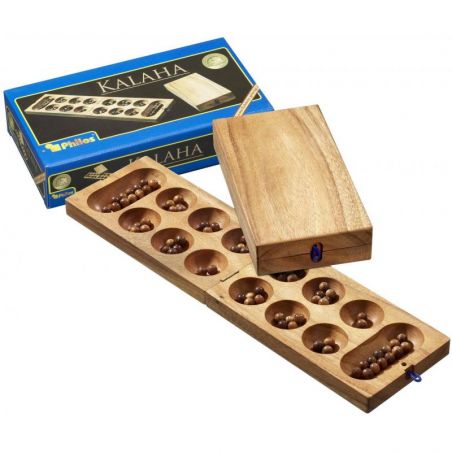
Última unidade em stock
Em stock


EM STOCK
Este artigo encontra-se disponível para compra e entrega imediata.
O stock da loja física e da loja online é partilhado e encontra-se atualizado.
Editora Philos
Idioma








Dependência de idioma (0-4) 0. Nenhuma
Nº Jogadores 2
Duração Até 30 minutos
Autor William Julius Champion Jr.
Idade Mínima 5
Temas Abstract Strategy
Mecânicas Mancala
Última unidade em stock
Restock
Última unidade em stock
Última unidade em stock
Restock
Em stock